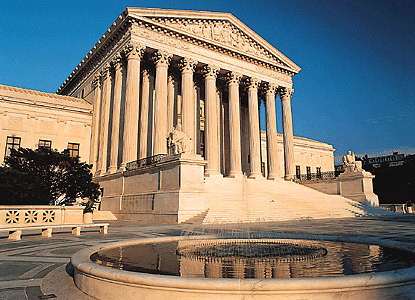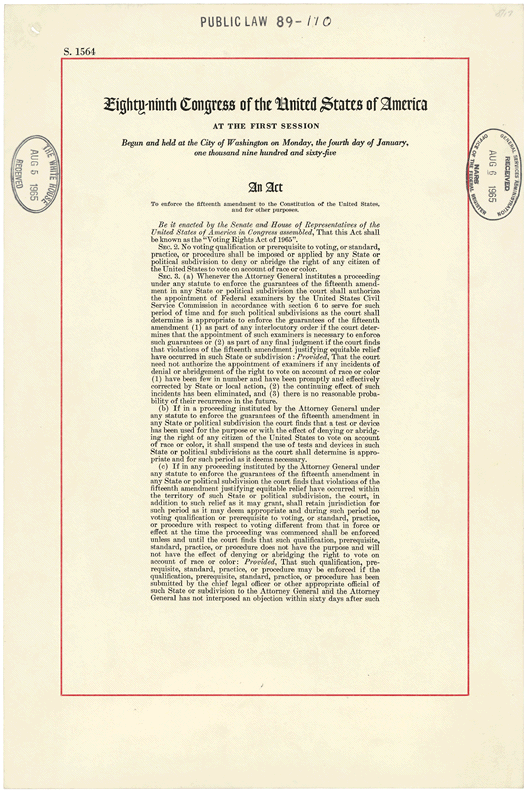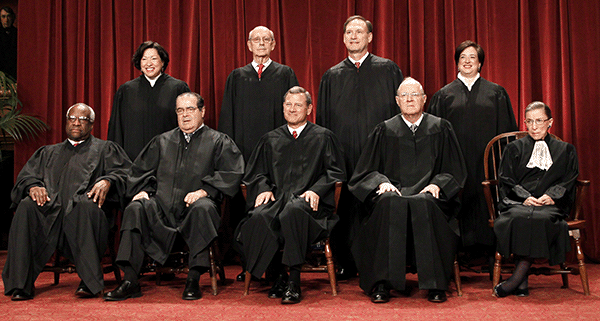U.S. Supreme Court Upholds “Obamacare” (Again)
Thursday, June 25th, 2015June 25, 2015
This morning, the United States Supreme Court upheld a key portion of the health insurance reform law known as the Affordable Care Act (ACA), often referred to as Obamacare. Chief Justice John Roberts wrote the 6-3 majority opinion allowing the federal government to provide subsidies in all 50 states, not just those states with independent exchanges. The subsidies help low- and moderate-income people purchase health insurance. The decision, a major victory for President Barack Obama’s administration, prevented millions of Americans from losing their health coverage. The court’s ruling was its second in defense of the ACA, which has been under constant Republican attack since Congress passed the law in 2010.

The Supreme Court Building in Washington, D.C. (© Joe Sohm, Photo Researchers)
The ruling ended the case of King v Burwell which challenged the legality of federal subsidies in the 34 states—nearly all Republican-led—without exchanges. In these states, political leaders have resisted or simply failed to create state-level insurance marketplaces, forcing people to purchase insurance independently or directly from the federal government. The case centered on the phrase “established by the state” within the ACA. Limousine driver David King—who did not qualify for a subsidy in Virginia—sued U.S. Secretary of Health and Human Services Sylvia Burwell, arguing that subsidies paid out to more people than the law intended raised his rates to an unfair and unacceptable level.
In the official Supreme Court opinion, Justice Roberts said the law clearly meant to make subsidies available to all Americans whether or not their local insurance exchange was “established by the state.” He wrote, “Congress passed the Affordable Care Act to improve health insurance markets, not to destroy them.” The ACA sought to improve Americans’ health coverage by expanding access to public health plans, by requiring individuals to purchase private insurance, and by reforming various practices in the insurance industry. President Obama, pleasantly reacting to the court’s decision, said that “the whole point of public service” is to look after each other and improve the lot of fellow Americans. “So this was a good day for America.”
Additional World Book articles:
- U.S. Supreme Court Upholds “Obamacare” (June 28, 2012, Behind the Headline article)
- Health 2010 (a Back in Time article)
- Supreme Court of the United States 2012 (a Back in Time article)
- Health 2013 (a Back in Time article)
- Health Care Reform–What’s In It for You? (a special report)




